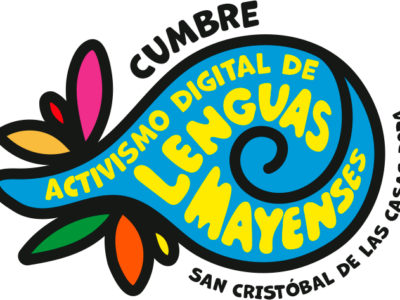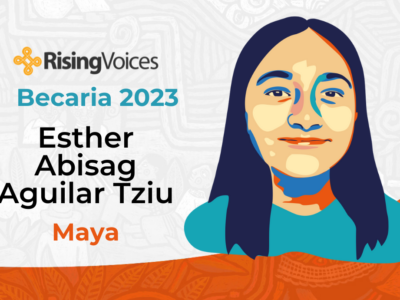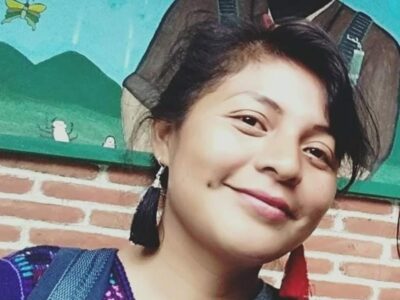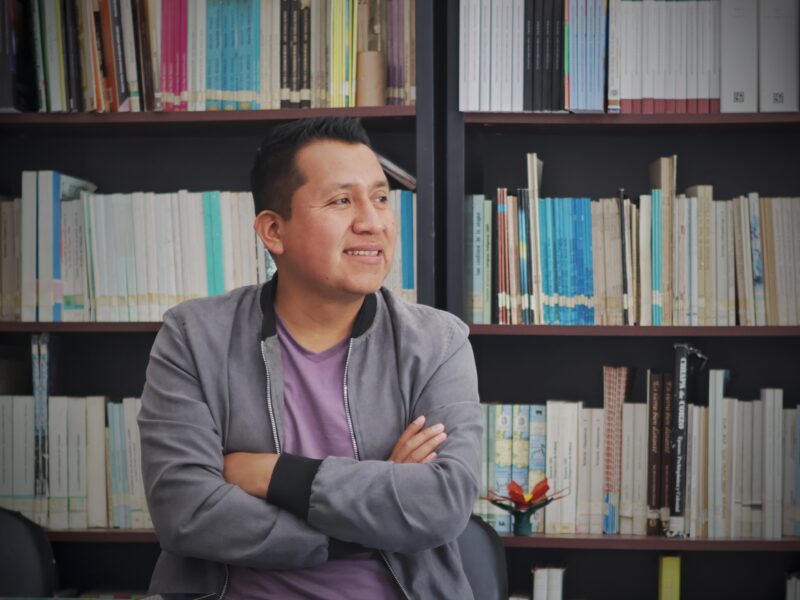
Photo: Julio Cesar López Gómez
Learn about the stories of the new generation of Fellowship recipients who are changing the digital world of Mayan languages and who in 2023 will be part of the Rising Voices Digital Activism Program.
“Ak’oluknax me awot’anik/ may your hearts be happy”
My name is Julio Cesar López Gómez, I am 34 years-old, I am a speaker of the Bats'il K'op (Tseltal) language and I am originally from the municipality of Oxchuc, Chiapas, Mexico. I was born in the community of “Ch’olol” which refers to the sound of water when it falls between the rocks in the springs. Oxchuc is a municipality with rocky hills, pine trees, holm oaks, oaks, fir trees and other tree species. During the year it rains quite frequently and corn is harvested only once a year.
The elders have divided the territory into two large neighborhoods, muk'ul kalpul and bik'ul lalpul, which have served to organize traditional ceremonies to thank Mother Earth. In my community I am an heir to the k’ana/ancient house lineage.
My language is one of the things I value most, because it allows me to think in Mayan, and have a different way of seeing and understanding the world. But my path has not always been easy, at some point I had to deny my language when I was studying in secondary school in the city of San Cristóbal de la Casas.
At school, I had classmates who were “kaxlan” (as we commonly call people who do not speak an Indigenous language) and many of us actually denied our language for fear of being discriminated against or being treated in a derogatory way. It was at that moment that I understood why my mother told me that the most important thing is to speak Spanish, because knowing it, I would find job opportunities. Furthermore, that our language should only be spoken in the community.
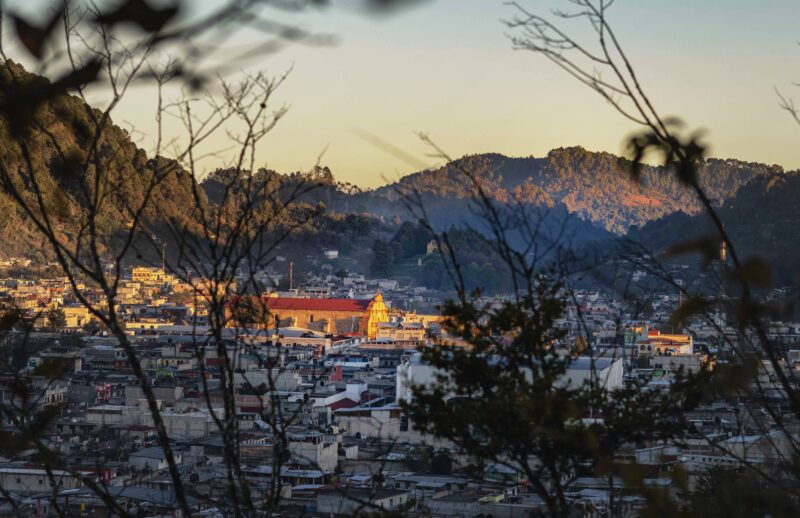
Photo: Julio Cesar López Gómez
My projects
Now I want that situation to change so that no one has to deny their language again, that is why I work with children by offering reading and writing workshops in Tseltal and I take advantage of these spaces to chat with them about how important it is to continue speaking and promoting our language. Also, I teach them that there are laws that recognize our right to speak the Tseltal language in any space and that no one can prohibit us from speaking it.
Currently, I continue to offer workshops in Tseltal reading and writing and the translation of texts. In addition, I'm offering workshops on how to create audiovisual content and how to develop community projects.
Among the different activities in which I am involved, I have ventured into the creation of radio content in the Tseltal language. Radio is a very important medium for communities where there is still no access to the internet; it is considered a traditional means of information.
This year, as part of the Rising Voices Mayan Languages Digital Activism Program, my proposal is to carry out a radio program where I can interview important people from the community as well as various youth, so that they can share their feelings about the current situation of our language. The program will be recorded in Bats'il k'op (Tseltal). I hope that these messages can reach more children and other young people so that they hear about the importance of their language.
I consider that my activism represents a small contribution to literacy and the promotion of my language in these spaces, such as radio, is so important to the community. I also intend to expand to different platforms such as YouTube and Facebook. I hope that this is only the beginning of a long journey in digital activism, which will motivate more people to join the defense of their language.
I am interested in being able to share the experience I had a few years ago and that new generations have more opportunities to promote their language. I believe that there are many voices that need to be heard and we must take advantage of the media to amplify them and reach more people. Digital activism is a challenge for me, since it involves unlearning and relearning new tools linked to the technological era.
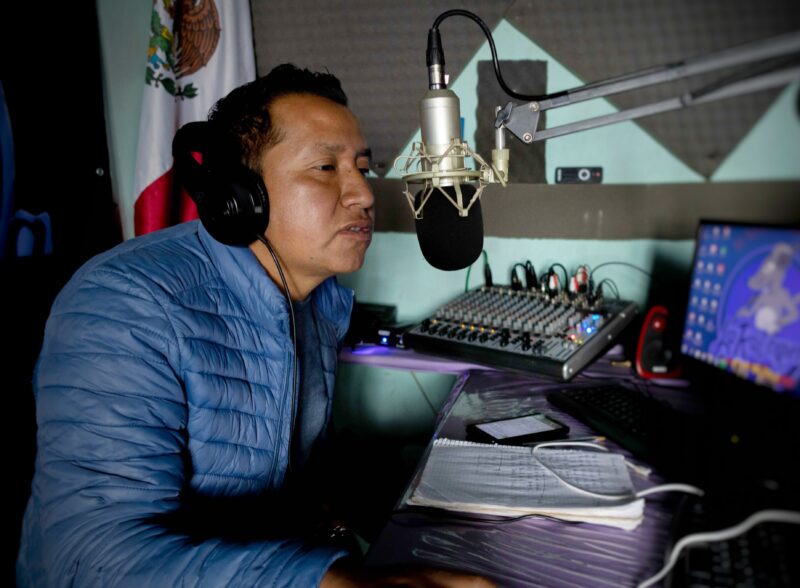
Photo: Julio Cesar López Gómez
Taking ownership of digital spaces
A few years ago it was difficult to access this type of technology, and, now that it is possible, it is time to create a community so that together we can continue promoting our language, from our communities.
In the future I would like languages from around the world to be taken into account and not only spoken within communities. Many youth from different places have already taken advantage of the different social media platforms, where they can write and express themselves in their language through videos or memes. That motivates me to continue doing these activities that fill me with pride. So I will continue betting on a future where the spread of our languages is common and we stop thinking that our language is worth less than other national and international languages. Together we must build a path towards the revitalization of our Indigenous languages.
To the youth, I invite you to be the ones who tell our stories and experiences, through our language, so that it is not the researcher or the foreign anthropologist who rewrites our history. We must seek to ensure that the orality of our elders continues to be transmitted to the next generations. I know that many people are already doing it, but let more people be motivated to build their story, revitalize their language, and take ownership of digital spaces to amplify them.
Follow my project on @Julio K'ana
Presentamos a las y los becarios del Programa #ADLM2023:🎬Julio Cesar López Gómez, hablante de la lengua bats’il k’op del municipio de Oxchuc, Chiapas. Su proyecto consiste en la realización de programas de radio en su lengua. Pueden seguir su trabajo en Julio K'ana
Posted by Activismo digital de lenguas indígenas on Wednesday, August 23, 2023

